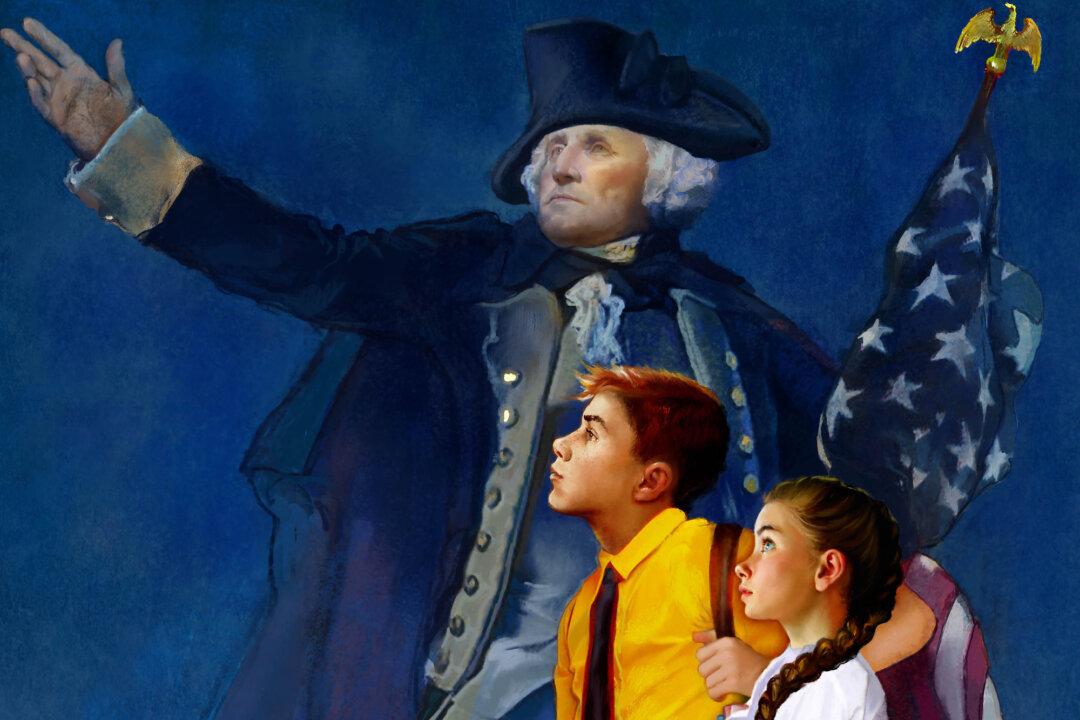In the movie “Saving Private Ryan,” Captain Miller and a squad of soldiers are sent to find and extract from combat a D-Day paratrooper, Private James Ryan, whose three brothers had died that week in military engagements. After a long search, they finally locate the private, but must then join other Americans to fight the attacking Germans. They win the battle, but only two men from the patrol survive this rescue of Ryan.
As Miller lies dying, he pulls Ryan close to him and whispers of his men’s sacrifice, “James, earn this.” Sagging backward, with his last breath he says again: “Earn it.”






